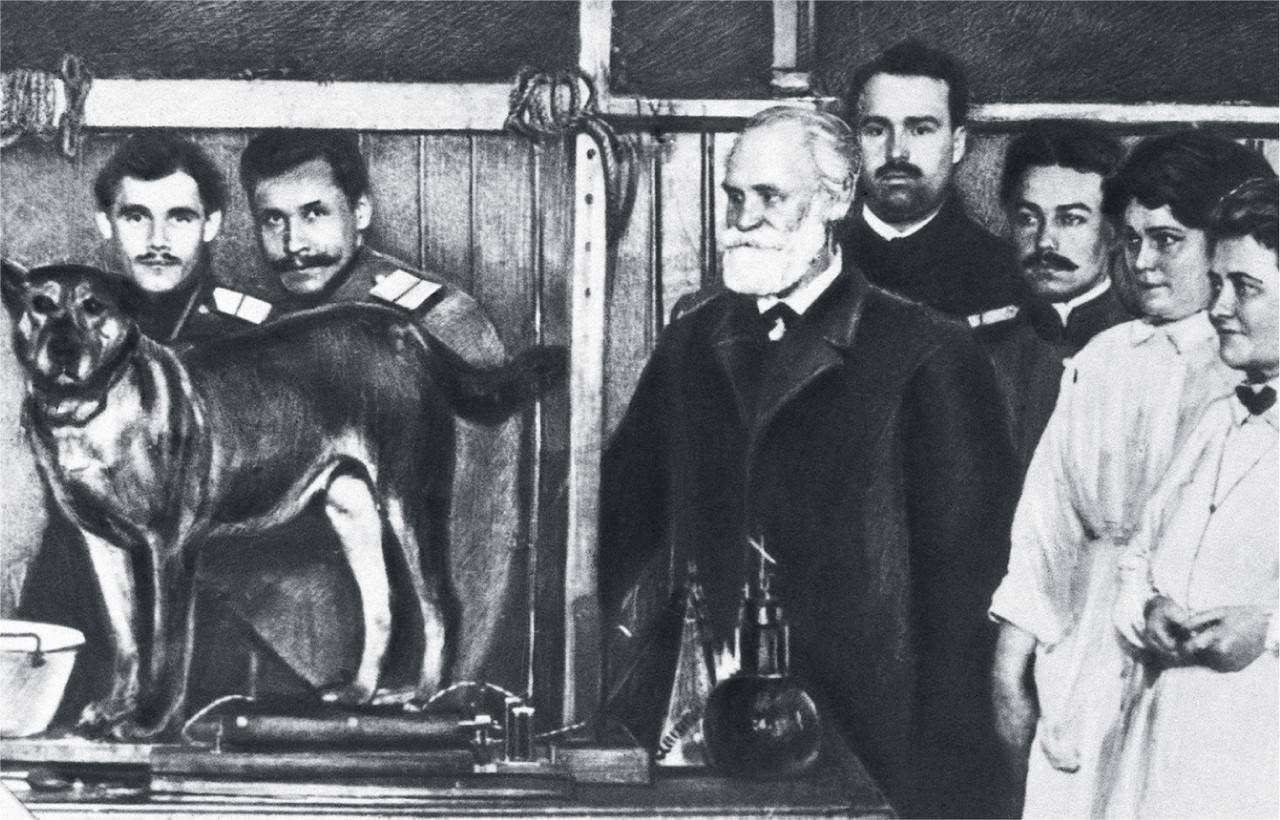
In our recent guest lecture (16.01.2019), Darryl B. Hill, PhD, Professor of Psychology at the College of Staten Island and the Graduate Center, City University of New York, discussed research stemming from his recent publication from the Journal of Research in Gender Studies, “Androcentrism and the Great Man Narrative in Psychology Textbooks: The Case of Ivan Pavlov” (2019).
The lecture and preceding discussion looked at the existence of androcentric narratives in the disciplinary history of Psychology in American psychological textbooks. By surveying contemporary American psychology textbooks and investigating how the Russian Psychologist, Ivan Pavlov, was presented, Hill argued that there is a tendency to perpetuate a ‘great man narrative’, privileging male figures in the history and cannon of Psychology. He similarly surveyed Russian Psychology textbooks, beginning in the 1950’s, and was able to corroborate this argument.
Hill presented his case by arguing that some of Pavlov’s scientific breakthroughs on conditioning and involuntary reflexes, which won him the 1904 Nobel Prize in Physiology and Medicine, were due in large part to the work of female scientists, not Pavlov. Hill continued to paint a wider picture of Pavlov’s lab in Russia as one of a kind, immense in its size, often being referred to as a ‘factory’ in mnemonic accounts. Within this context of a multitude of scientific thinkers and with the direction of archival sources, Hill puts forward the argument that female participation in Pavlov’s larger scientific movement is often underrepresented, if not ignored.
The proceeding conversation focused on the idea that women being equally written into history may be influenced by culture. Hill mentioned in his presentation that for the majority of the Soviet period, ¾ of doctors were women, while in the US this was closer to 1/4. This then raised thoughts about how practice influences cultural perceptions of gender, and thus how the memory of academic disciplines is written to appease these cultural conceptions. Though Hill presented that Russian psychology textbooks had similar narratives of androcentrism, participants of the lecture who grew up in the Soviet Union offered the counter point that many women were present in Soviet school lessons (For a broader discussion see: Novikova & Muravyeva 2014).
From a mnemonic perspective, this raised an interesting point of how textbooks as a particular cultural product may have a tendency to levitate toward simplification and popularization of histories to coincide with how these narratives already exist in the collective memory. Hill acknowledged this point, stating that like all history, psychology and the recantations of the history of psychology are limited by time and place. As such, Hill’s work shows that the history of different disciplines could greatly benefit from an investigation of their cannons from the perspective of gender. This may offer new perspectives on not only our perceptions of the past, but also disciplinary understandings of how gender and sexuality influenced the environments in which scientific thought developed.
Bibliography
Hill, Darryl B. “Androcentrism and the Great Man Narrative in Psychology Textbooks: The Case of Ivan Pavlov,” Journal of Research in Gender Studies. 9(1)(2019): 9–37.
Novikova, Natalia & Muravyeva, Marianna (eds.). Women’s History in Russia: (Re)Establishing the Field.(Cambridge: Cambridge Scholars Publishing, 2014).

